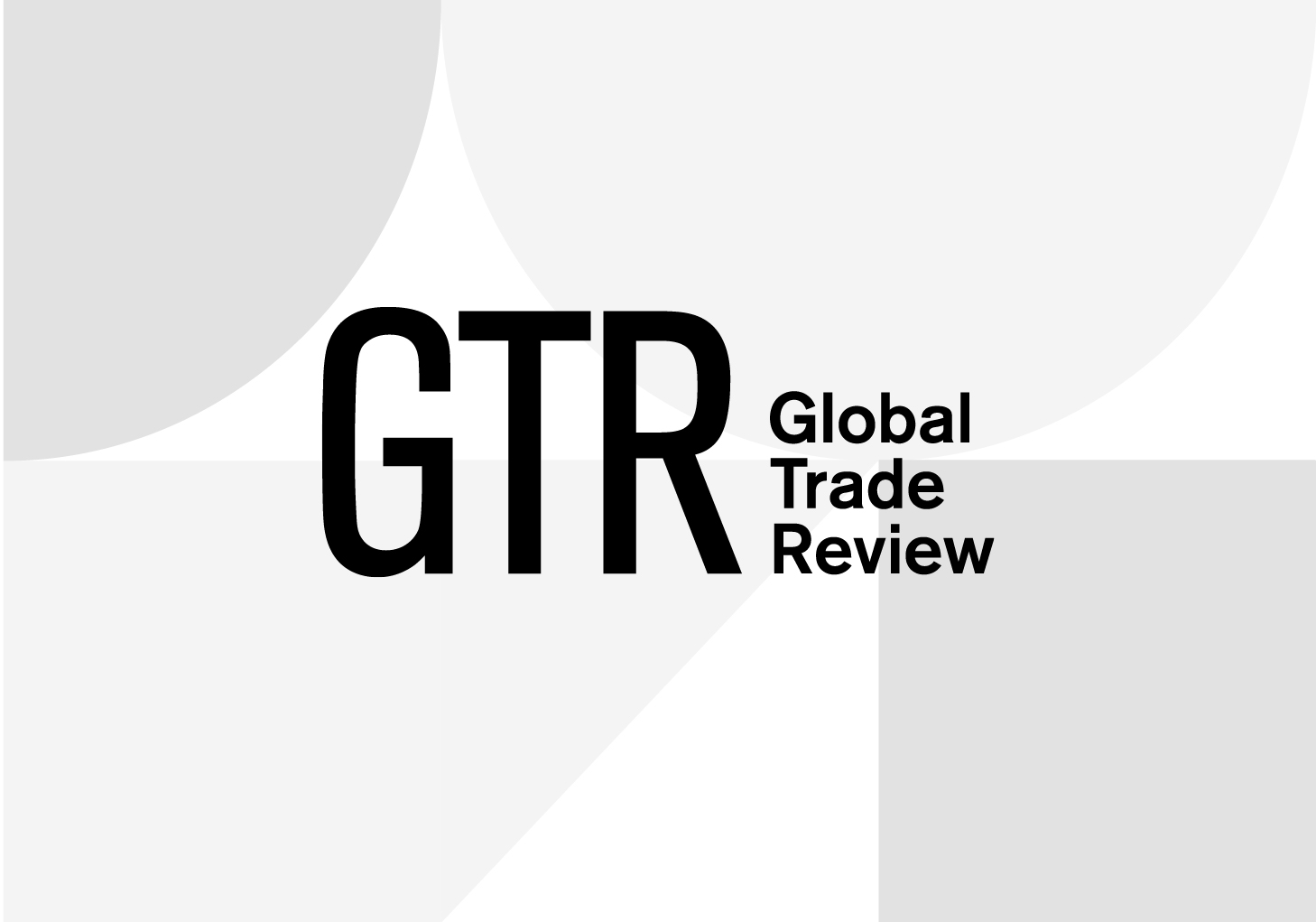Standard & Poor’s Ratings Services has assigned its ‘BB-‘ local currency senior unsecured debt rating to three Pakistan investment bonds totalling PRs3.4bn (US$58mn) that were issued recently by the Islamic Republic of Pakistan. These newly rated bonds carry coupon rates of 7%, 8%, and 9%, and mature in 2006, 2008, and 2013, respectively.
The ‘BB-‘ rating has also been assigned to three
Standard & Poor’s sovereign credit ratings on Pakistan are: foreign currency ‘B/B’ and local currency ‘BB-/B’. The outlook on the long-term sovereign ratings is stable.
While the outbreak of war in Iraq has heightened the market focus on Pakistan’s political risks a key constraining factor on its creditworthiness Standard & Poor’s continues to view the ratings as secure. Demonstrations against the war have taken place around the country, but public outrage is directed against the US. “By declaring its opposition to the war in Iraq, the Pakistani government has, thus far, managed to prevent demonstrations from becoming a threat to its rule,” says Standard & Poor’s credit analyst, Chih Wai Liew.
At the same time, Pakistan’s international liquidity position remains comfortable and relations with official creditors, including the US, are on even keel, thanks to the government’s support for the US-led effort against Al-Qaeda and its supporters.
The government continues to pursue its structural reform agenda, although the uncertain global environment is likely to slow the privatisation programme. Assuming a relatively short and decisive outcome to the war in Iraq, however, Pakistan’s economy should be able to grow at 4-5% in the current fiscal year (ending June 2003).
In the longer term, the government’s reform agenda faces challenges as a result of the stalemate in parliament over the legal framework order (LFO). The LFO is a package of constitutional amendments introduced by the previous military regime in August 2002, which effectively institutionalised the military role’s in the governance of Pakistan and reduced the executive powers of the prime minister. The opposition parties, lead by the Muttahida Majlis-e-Amal (MMA) and Pakistan Peoples Party Parliamentarians (PPPP), are stridently against the LFO, and are challenging its legality and constitutionally in parliament. A prolonged impasse could hamper the Pakistani government’s law-making ability, and in turn, pose some risks to Pakistan’s credit standing.
Complete ratings information is available to RatingsDirect subscribers at www.ratingsdirect.com as well as Standard & Poor’s public website at www2.standardandpoors.com; under “Fixed Income” in the left navigation bar, select Credit Ratings Actions.
NEW RATINGS ASSIGNED Islamic Republic of Pakistan
Pakistan investment bonds as follows:
PRs2.01bn 7% due
PRs1.98bn 8% due
PRs2.04bn 9% due
PRs1.05bn 7% due
PRs1.10bn 8% due
PRs1.20bn 9% due








